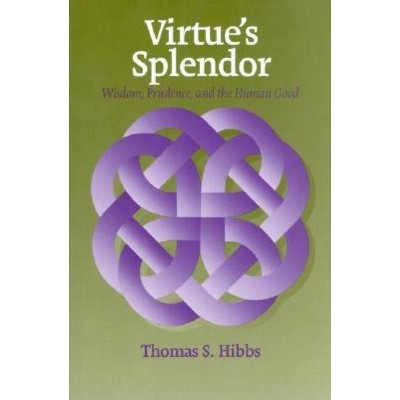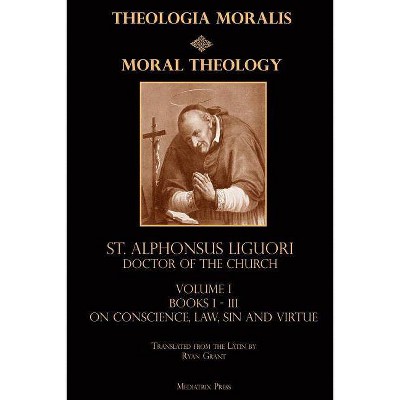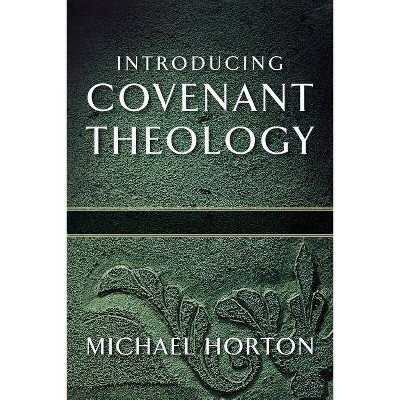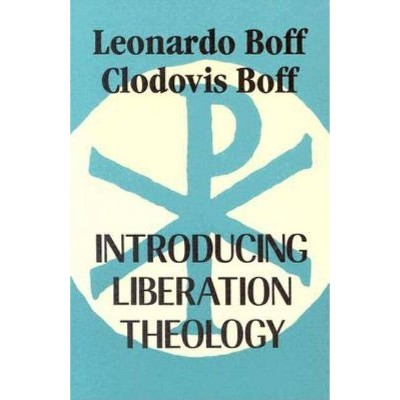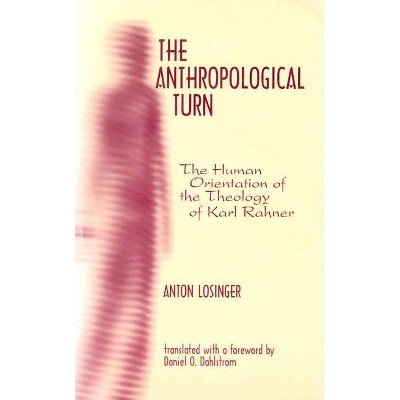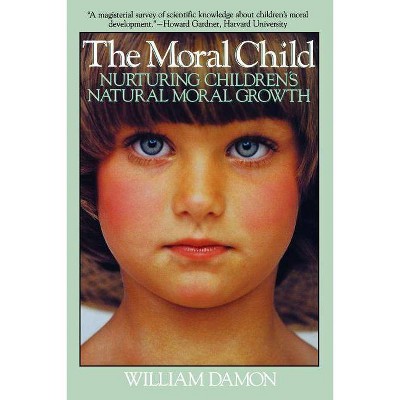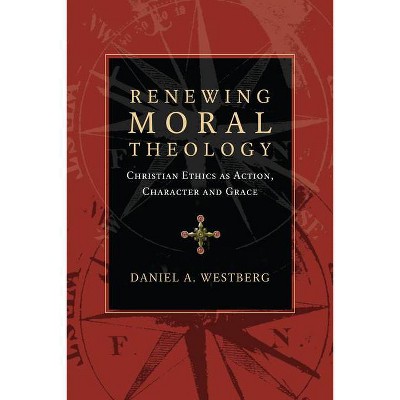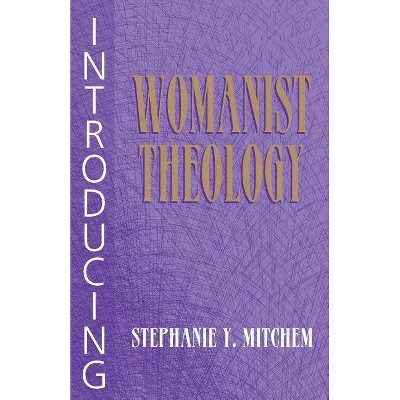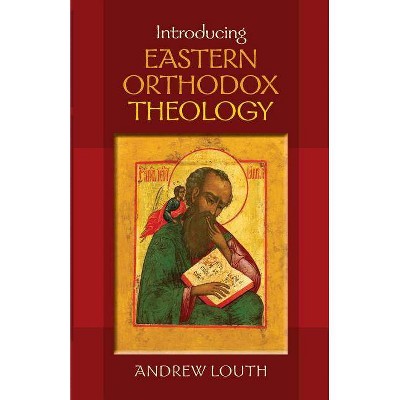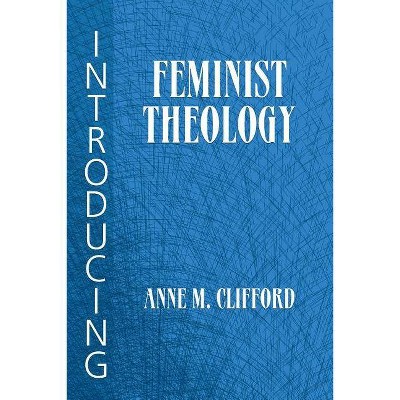Introducing Moral Theology - by William C III Mattison (Paperback)
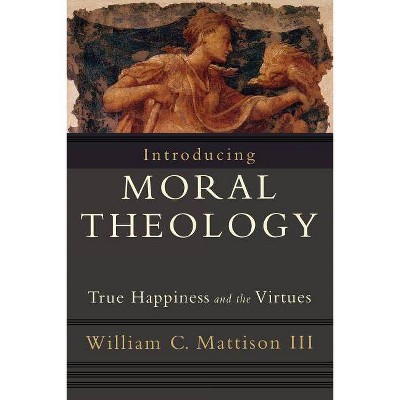
Similar Products
Products of same category from the store
AllProduct info
<p/><br></br><p><b> About the Book </b></p></br></br>Provides a theologically substantive yet accessible overview of moral theology grounded in the Catholic tradition that is also illuminative to non-Catholic Christians.<p/><br></br><p><b> Book Synopsis </b></p></br></br>Whether in the cafeteria, classroom, or dorm lounge, questions abound on college campuses. Not only do students grapple with existential issues but they also struggle with ethical ones such as "Why be moral?" In <i>Introducing Moral Theology</i>, William Mattison addresses this question as well as grapples with the impact that religious belief has on day-to-day living. Structured in two parts, this unique text on Catholic moral theology covers cardinal virtues (temperance, prudence, fortitude, and justice) as well as theological virtues (faith, hope, and love). It is equipped with study questions, terms and their definitions, and illustrative case studies. Rooted in the Catholic tradition, this overview will also appeal to non-Catholics interested in virtue ethics.<p/><br></br><p><b> From the Back Cover </b></p></br></br>As college students develop their identities and construct their worldviews, they commonly wrestle with fundamental questions such as "Why be moral?" Taking into account feedback he has received from students and colleagues, William Mattison has crafted <i>Introducing Moral Theology</i>, a masterful basic text on Catholic moral theology. This work provides a solid overview of classical virtue ethics (i.e., temperance, prudence, fortitude, and justice) as well as the theological virtues (i.e., faith, hope, and love). The book includes study questions, terms and definitions, bibliographies, and case studies on timely, thorny issues such as premarital sex and euthanasia. Readers will also note that <i>Introducing Moral Theology</i> draws deeply on Thomas Aquinas's <i>Summa Theologiae</i>. While written primarily to and from a Roman Catholic perspective, this text will appeal to a wide swathe of Christian academics and believers interested in theology and ethics.<br/><br/>"Those of us who regularly teach introductory courses in theological ethics know how difficult it can be to present the relevant theories and issues in an effective way. So it is very high praise indeed when I say that Mattison has written a first-rate textbook for beginners in this challenging field. Appropriating Aquinas's organizing principle of the virtues, he draws together the main strands of the Catholic moral tradition in such a way as to reveal its inner logic, and to present this in a clear, accessible, and attractive way. He wears his considerable learning lightly, and while he clearly aims to present traditional Catholic moral teachings, he does so in a way that invites thoughtful engagement and dialogue. This would be suitable in a number of undergraduate and seminary contexts, and scholars in the field will find much of value here as well."--<b>Jean Porter</b>, Rev. John A. O'Brien Professor of Theology, University of Notre Dame<br/><br/>"The new wave in theology is virtue ethics, and Mattison rides it to new systematic heights. He lays out the role of virtue in the good life, shows how virtue relates morality to the rest of theology, then applies virtue ethics to concrete quandaries of Christian living today. Designed as an engaging classroom text, this book will also interest scholars of ethical theory."--<b>Lisa Sowle Cahill</b>, Monan Professor of Theology, Boston College<p/><br></br><p><b> About the Author </b></p></br></br><b>William C. Mattison III </b>(PhD, University of Notre Dame) is Wilsey Family Associate Professor of Theology at the University of Notre Dame. He has edited and contributed to <i>New Wine, New Wineskins: A Next Generation Reflects on Key Issues in Catholic Moral Theology</i>.
Price History
Price Archive shows prices from various stores, lets you see history and find the cheapest. There is no actual sale on the website. For all support, inquiry and suggestion messagescommunication@pricearchive.us
